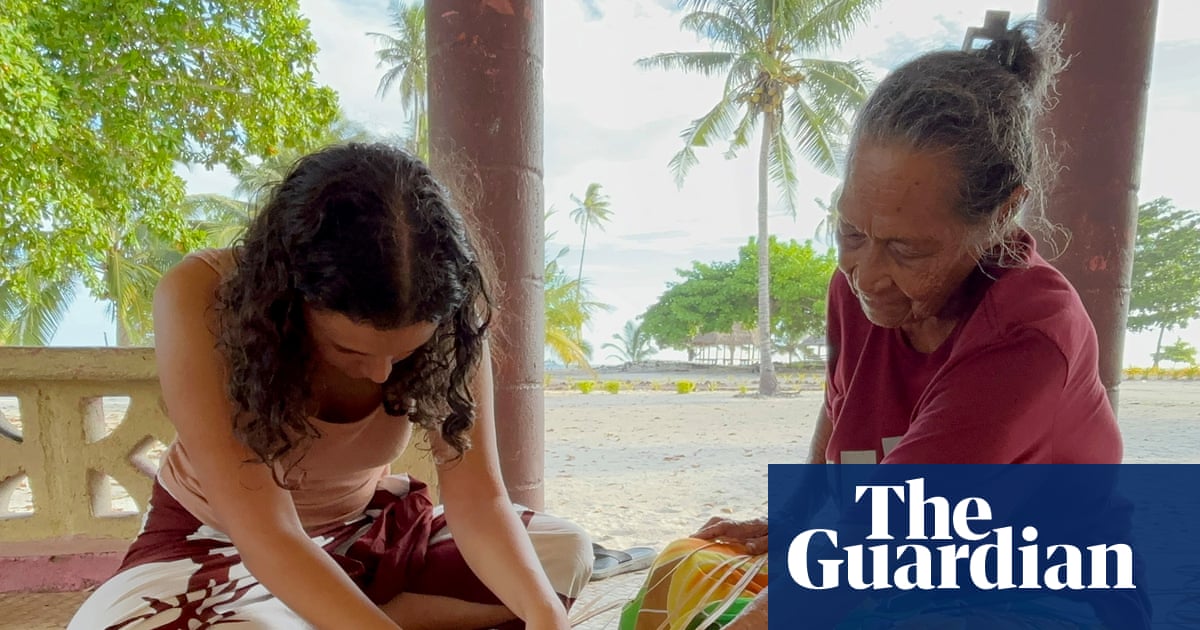
"Rising sea levels and increased storm intensity are exacerbating stressors that create conditions unsustainable for the healthy growth of pandanus, a vital resource for weaving."
"For generations, women in Samoa have harvested, prepared and woven intricate mats that are the country’s most treasured cultural artefacts, which are now under threat due to climate change."
"Saltwater intrusion, prolonged drought, and coastal erosion are reducing soil fertility and increasing salinity, making it more difficult for pandanus to thrive in low-lying coastal regions."
"The women in Neiafu have noticed the changes in pandanus growth, indicating a broader environmental shift that is impacting traditional weaving practices and cultural heritage."
In the Samoan village of Neiafu, elder master weaver Amio Pei Ioane leads women in creating ceremonial mats from pandanus leaves. The mats represent vital cultural artefacts but are at risk due to climate change impacts, which include saltwater intrusion, prolonged drought, and coastal erosion. These factors diminish soil fertility and increase salinity, compromising pandanus growth. Conservationist Alofa Paul notes that rising sea levels and intensified storms further jeopardize cultivation conditions. Local weavers like Tutogi Mua recognize these environmental changes as a significant threat to their traditional practices.
Read at www.theguardian.com
Unable to calculate read time
Collection
[
|
...
]